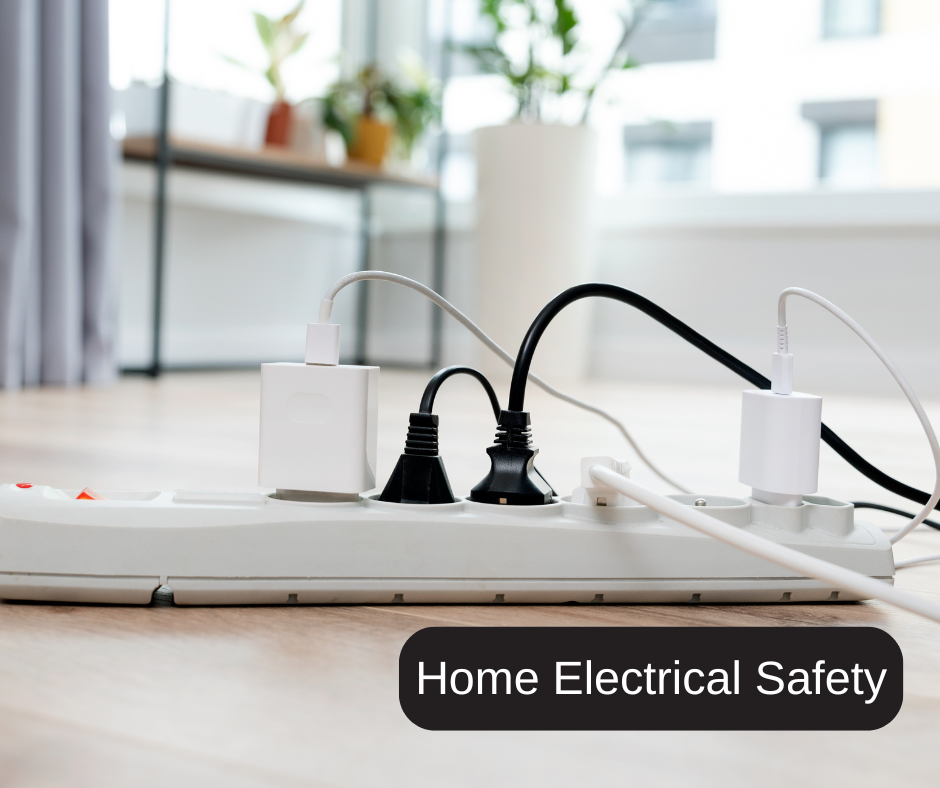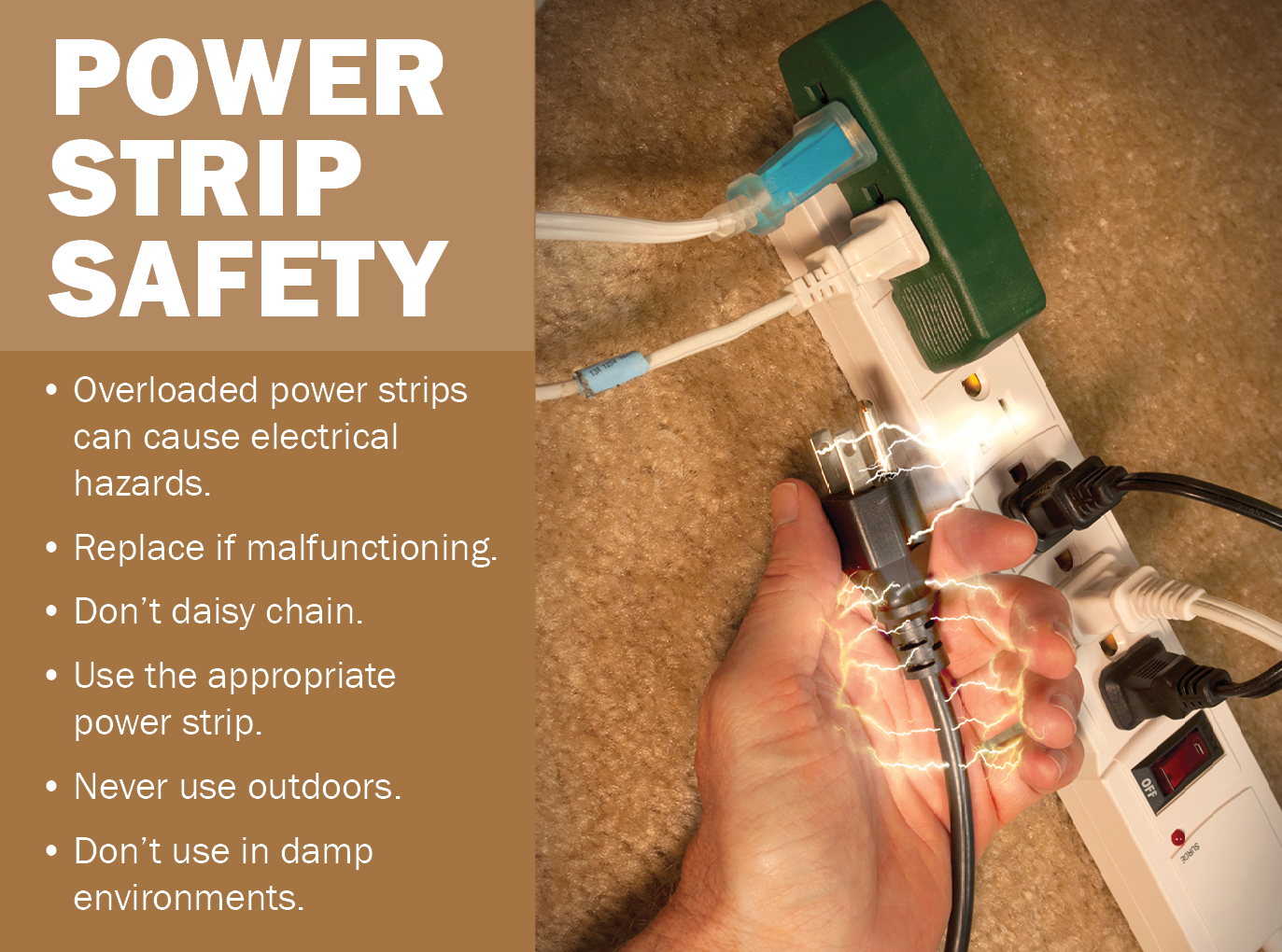
Preventing Electrocutions Associated with Portable Generators Plugged Into Household Circuits
When power lines are down, residents can restore energy to their homes or other structures by using another power source such as a portable generator. If water has been present anywhere near electrical circuits and electrical equipment, turn off the power at the main breaker or fuse on the service panel. Do not turn the power back on until electrical equipment has been inspected by a qualified electrician.
If it is necessary to use a portable generator, manufacturer recommendations and specifications must be strictly followed. If there are any questions regarding the operation or installation of the portable generator, a qualified electrician should be immediately contacted to assist in installation and start-up activities. The generator should always be positioned outside the structure.
When using gasoline- and diesel-powered portable generators to supply power to a building, switch the main breaker or fuse on the service panel to the "off" position prior to starting the generator. This will prevent power lines from being inadvertently energized by backfeed electrical energy from the generators, and help protect utility line workers or other repair workers or people in neighboring buildings from possible electrocution. If the generator is plugged into a household circuit without turning the main breaker to the “off” position or removing the main fuse, the electrical current could reverse, go back through the circuit to the outside power grid, and energize power lines or electrical systems in other buildings to at or near their original voltage without the knowledge of utility or other workers.
Effects of Backfeed
The problem of backfeed in electrical energy is a potential risk for electrical energy workers. Electrocutions are the fifth leading cause of all reported occupational deaths. Following the safety guidelines below can reduce this risk.
Other Generator Hazards
Generator use is also a major cause of carbon monoxide (CO) poisoning. Generators should only be used in well ventilated areas.
- Only use extension cords that have been approved by an independent testing laboratory.
- Be on the lookout for overloaded, worn or damaged cords.
- Do not cover cords with carpets, furniture, or appliances.
- Keep cords out of the reach of children.
- Always use GFCI protection when using an extension cord outdoors.
- Never cut off the ground pin or use a cord missing the pin.
- Never plug an extension cord into another extension cord.
- Always make sure cords are properly rated for their intended use.
- Never use an indoor cord outdoors.

- Many electrical fires can be traced to overheated circuits.
- Too many cords used improperly overload a circuit, causing it to overheat.
- Avoid using multi-armed plugs and only use extension cords as temporary solutions.
- Never place a space heater near furniture or drapes and keep three feet from flammable items.
-
Keep space heaters away from children and pets and never leave unattended.
-
Only use space heaters equipped with an automatic shutoff in case they tip over.
-
Space heaters should be plugged directly into the wall outlet. If an extension cord must be used, only use the shortest possible heavy duty cord.

